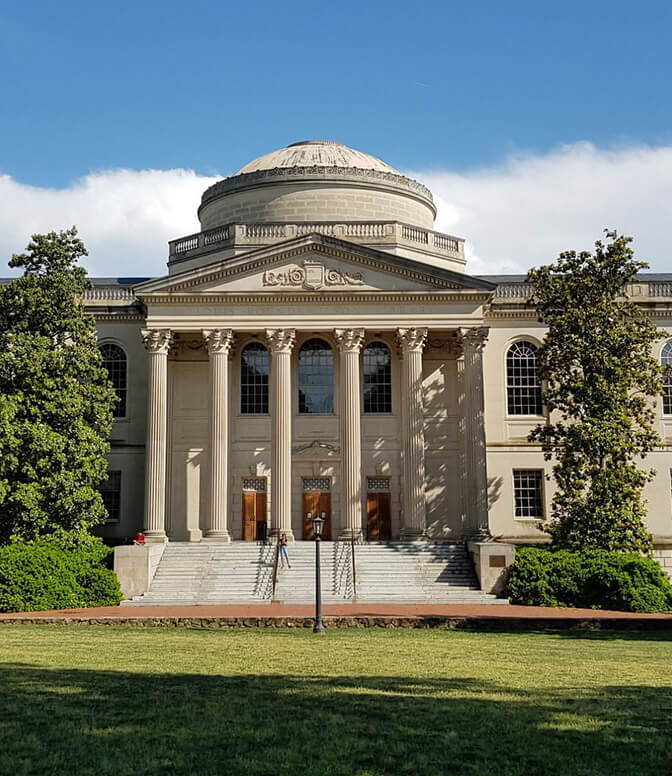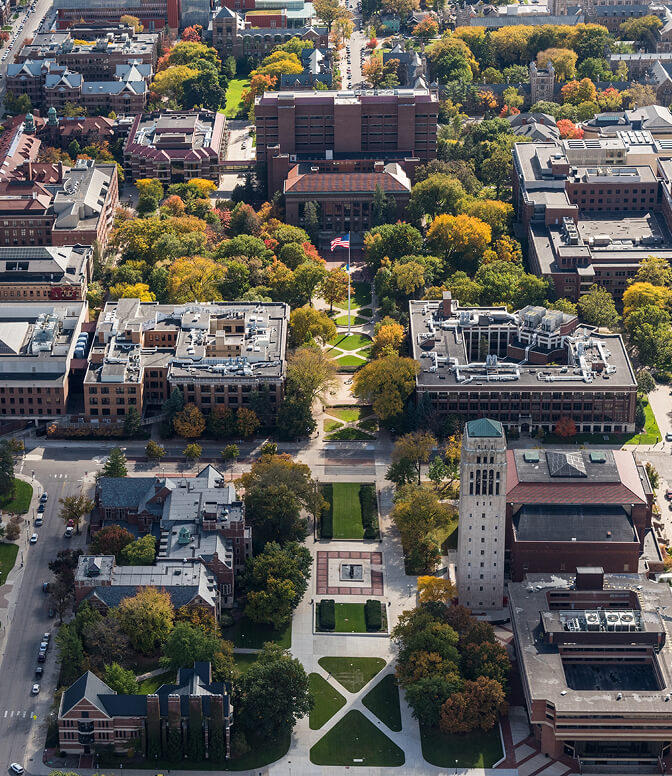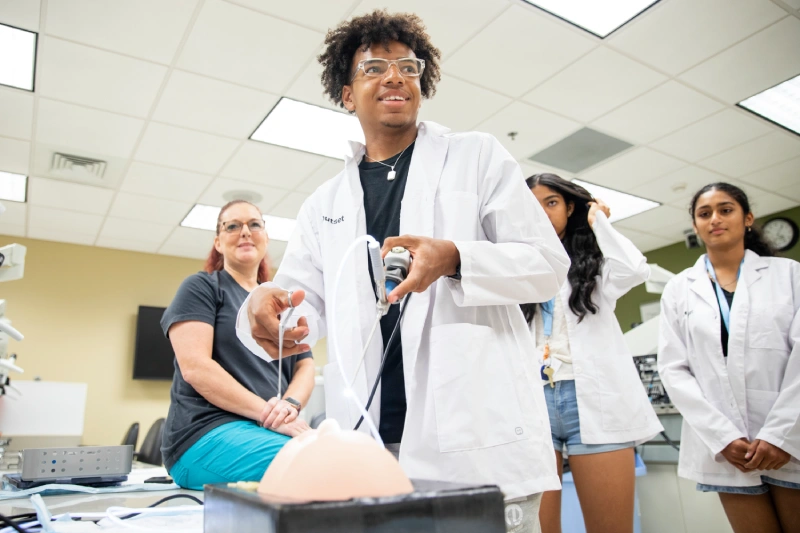Many students interested in medicine start considering specialties early, but the vast options can feel overwhelming. While you don’t need to decide now, high school is a great time to explore different fields.
Graduating medical students say personality, interests, and skills influence specialty choice more than work-life balance or income. Understanding this fit starts early.
By researching, shadowing, and gaining hands-on experience, you can explore medical careers before applying to medical school. This guide will help you navigate ways to discover various specialties in high school, giving you a head start on making informed career decisions.
Understanding Different Medical Specialties
Medicine is a vast field with numerous specialties, each requiring different skills and interests. Below are some of the most common specialties to consider.
Pediatrics
Pediatricians specialize in children’s health, treating everything from minor illnesses to chronic diseases. This field requires strong communication skills to connect with young patients and their families. If you enjoy working with children and have patience and empathy, pediatrics offers a fulfilling career watching patients grow while ensuring their long-term well-being.
Surgery
Surgeons perform life-changing procedures requiring precision, problem-solving, and composure under pressure. With various subspecialties like neurosurgery and orthopedic surgery, this field demands strong manual dexterity and quick decision-making. While training is rigorous, many surgeons find immense satisfaction in seeing immediate, tangible results that dramatically improve patients’ lives.
Psychiatry
Psychiatrists diagnose and treat mental health disorders, combining medical knowledge with psychological understanding. This specialty requires excellent listening skills, empathy, and trust-building with patients. Using therapy and medication, psychiatrists help individuals manage conditions like anxiety and schizophrenia, making a profound impact on their quality of life and daily functioning.
Emergency Medicine
ER doctors thrive in high-pressure environments, treating acute injuries and illnesses requiring immediate attention. This specialty demands broad medical knowledge, quick decision-making, and the ability to stay calm under stress. The shift-based schedule offers work-life flexibility, while the fast-paced setting provides constant variety and the chance to save lives daily.
Internal Medicine
Internists treat adult patients with complex conditions, focusing on diagnosis, prevention, and disease management. This specialty is ideal for problem-solvers who enjoy long-term patient relationships. Whether in primary care or subspecialties like cardiology and oncology, internists coordinate care and manage chronic illnesses using comprehensive medical knowledge.
Family Medicine
Family physicians provide lifelong care for patients of all ages, addressing a wide range of conditions. This specialty emphasizes preventive care and chronic disease management. Family doctors develop strong relationships with patients, often treating multiple generations, making it a fulfilling career for those who enjoy continuity of care.
OB/GYN (Obstetrics and Gynecology)
OB/GYNs specialize in women’s health, covering pregnancy, childbirth, and reproductive care. This field blends primary and surgical care, offering opportunities to guide patients through major life events. Strong surgical skills and excellent communication are essential for performing procedures and discussing sensitive health topics with patients.
Orthopedics
Orthopedic doctors focus on the musculoskeletal system, treating conditions like fractures, sports injuries, and joint disorders. This field combines diagnostic challenges with surgical interventions to restore mobility. With numerous subspecialties, orthopedics is ideal for those interested in biomechanics, surgery, and improving patients' physical function and quality of life.
Cardiology
Cardiologists diagnose and treat heart conditions using advanced tools like echocardiograms and catheterization. This field requires strong analytical skills and an interest in cardiovascular health. Cardiologists manage chronic diseases and perform life-saving interventions, balancing long-term patient care with high-stakes procedures that prevent heart attacks and other serious events.
How to Explore Different Medical Specialties in High School
High school is the perfect time to start exploring medical specialties. During these formative years, you can discover which aspects of medicine align with your interests and begin building a foundation for your future career. Let's look at several effective ways to explore medical specialties while still in high school.
Self-Assessment
Before exploring specific medical specialties, take time to reflect on what naturally interests you. Pay attention to the subjects that engage you most in school:
- Do you enjoy problem-solving in mathematics?
- Are you fascinated by human anatomy in biology?
- Do chemical reactions in chemistry labs intrigue you?
- Are you drawn to understanding human behavior in psychology?
Your natural strengths provide clues about potential specialties. If you enjoy working with your hands and solving spatial problems, surgery might be appealing. If you value long-term patient relationships, family medicine could be a good fit.
These early interests aren’t commitments—they’re starting points for exploration. Focus on identifying patterns in what excites you intellectually.
Researching Medical Specialties
Once you've identified some general interests, start researching specific medical specialties. The internet offers a wealth of resources:
- Visit the Association of American Medical Colleges (AAMC) website, which offers comprehensive information about medical careers and specialties
- Watch interviews with doctors on platforms like YouTube or medical school channels
- Explore medical school websites, which often feature information about different specialties
- Read medical blogs written by physicians in various fields
- Follow physicians on social media who share insights about their specialties
When researching, pay attention to day-to-day responsibilities, required skills, training pathways, and lifestyle factors associated with different specialties. This research phase helps narrow your focus before seeking hands-on experiences.
The AAMC outlines key skills and knowledge essential for medical school and a career in medicine. Its premed competency model provides a clear roadmap to help students develop a strong academic and professional foundation.
Shadowing Doctors
Shadowing experiences provide invaluable real-world exposure to medical specialties. When you shadow a physician, you observe their daily activities, interactions with patients, and clinical decision-making process.
To find shadowing opportunities:
- Ask your family doctor if you can observe them for a day
- Reach out to local hospitals about shadowing programs for high school students
- Contact physicians in your community or through family connections
- Inquire about formal shadowing programs at nearby medical centers
Aim to shadow doctors in different specialties to compare experiences. Even a few hours of shadowing can provide significant insights into what a specialty actually entails beyond what you've read.
Volunteering in Healthcare Settings
Many hospitals and clinics offer volunteer opportunities specifically for high school students. These experiences allow you to observe healthcare from within while contributing meaningful service.
As a volunteer, you might:
- Transport patients between departments
- Deliver items to patient rooms
- Assist at information desks
- Support administrative staff
- Help with community health events
The advantage of volunteering is exposure to multiple medical specialties within one setting. You'll interact with various healthcare professionals and observe different departments in action. This broader perspective helps you understand how specialties interconnect within the healthcare system.
Taking Relevant High School Courses
Your high school curriculum can serve as a foundation for exploring medical interests. Focus on taking challenging courses in:
- Biology (especially AP Biology if available)
- Chemistry (both general and organic if possible)
- Physics
- Mathematics
- Psychology
- Anatomy and physiology (if offered)
These courses not only prepare you academically for pre-med studies but also help you identify which scientific disciplines most engage you. Pay attention to which classes you find most interesting—they often point toward compatible medical specialties.
Some high schools also offer health science pathways or specialized programs that provide more direct exposure to medical concepts. These might include certifications in basic healthcare skills or partnerships with local healthcare facilities.
Building Your Experience for a Future Medical Career
Beyond classroom learning, hands-on experience can help solidify your interests and build a strong foundation for medical school applications. As you progress through high school, look for opportunities to gain practical skills and explore different aspects of healthcare.
Gaining Experience Through Medical Internships
If you're serious about pursuing medicine, internships can give you a firsthand look at how healthcare professionals work. Organizations like hospitals and research institutions sometimes offer specialized high school medical internships where students can work in laboratories or clinical settings.
Joining Pre-Med Clubs and Competitions
School-based activities can also provide excellent preparation for a medical career. Consider joining HOSA (Health Occupations Students of America), which offers competitions, leadership development, and networking opportunities for students interested in healthcare.
You can also start a pre-med club at your high school to bring together students with similar interests, organize events, and explore medical careers. Science fairs and medical competitions give you opportunities to develop research skills and delve into healthcare topics that interest you.
Connecting with Mentors and Healthcare Professionals
Finding a mentor in the medical field can provide invaluable guidance as you explore different specialties. Research has shown that mentorship programs increase students' knowledge of and interest in medical careers while boosting confidence in pursuing pre-medical studies.
Don't be afraid to reach out to doctors, nurses, or medical students in your community. Many healthcare professionals are willing to share their experiences and offer advice to aspiring students.
Exploring Alternative Career Paths in Medicine
While becoming a doctor might be your goal, it's worth exploring the breadth of healthcare careers. Fields like nursing, physician assistant, medical research, public health, or healthcare administration all make significant contributions to medicine.
Consider exploring these alternatives through volunteer work, informational interviews, or job shadowing. Understanding the full spectrum of healthcare careers will help you make a more informed decision about your future path and might reveal opportunities that better match your specific interests and strengths.
Attending Summer Medical Programs
Specialized summer programs can provide intensive exposure to medicine in a short time frame. Programs like those offered by Outset combine hands-on laboratory work, clinical simulations, and mentorship from medical professionals, helping you develop essential skills for pre-meds. These summer programs for high school students allow you to explore multiple medical specialties before college. If you're interested, click "Apply" above on our website!
Final Thoughts
Choosing a medical specialty doesn't have to happen right away. The path to becoming a physician is long, and your interests will likely evolve throughout your education. What matters now is exploration and exposure. Use your high school years as a time to learn about different specialties through volunteering, shadowing, and research opportunities.
Join clubs, attend medical lectures, or participate in summer programs to discover what resonates with you. Whether you're fascinated by surgery, pediatrics, psychiatry, or something else entirely, remember that your journey toward medicine begins with curiosity and hands-on experiences. The more you explore now, the clearer your path will become.














.png)








